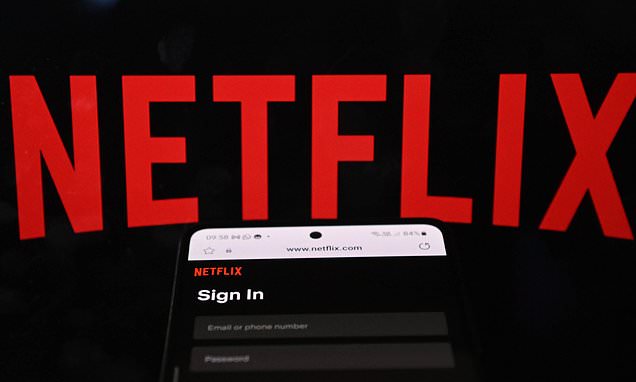treeskygrass
Regular Contributor
Using VPN Director between homes seems like a great way to have Netflix, YouTube TV, and all that other streaming services all use the same IP to get around “cracking down” on password sharing. I was able to select just the Roku devices which is great, all other traffic goes out locally.
My question is, is there any point in using OpenVPN compression? I'm ONLY doing streaming video over UDP. Would it make sense to turn off encryption on OpenVPN as it’s really unnecessary for streaming video (passwords are already over ssl) where performance is the priority.
My question is, is there any point in using OpenVPN compression? I'm ONLY doing streaming video over UDP. Would it make sense to turn off encryption on OpenVPN as it’s really unnecessary for streaming video (passwords are already over ssl) where performance is the priority.




